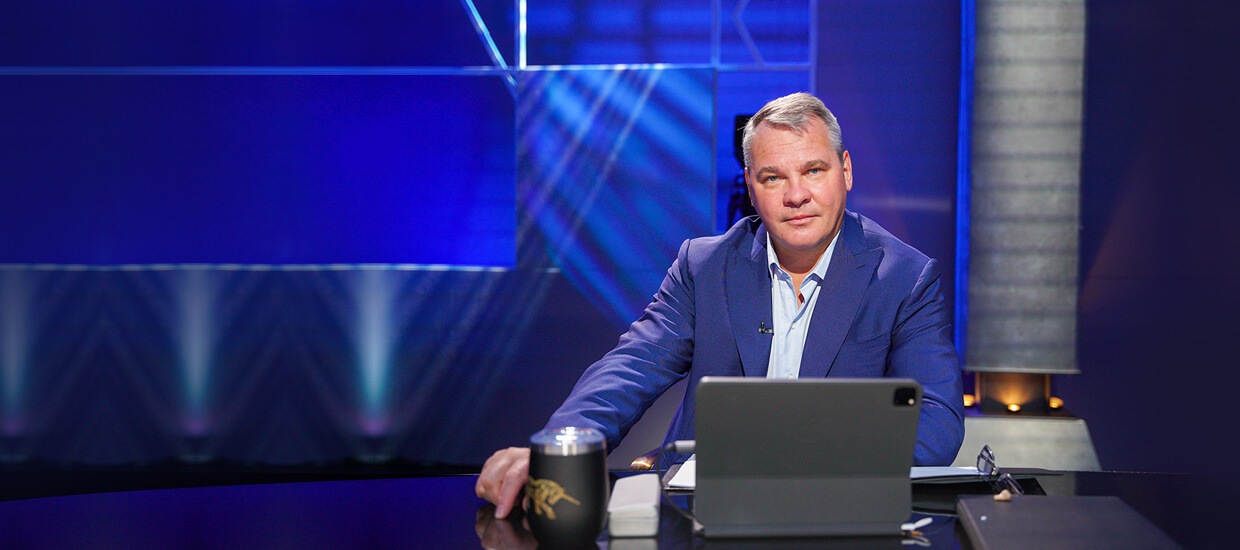Wikinomía: los retos de un nuevo modelo

Las plataformas que revolucionaron la web 2.0 están ayudando a repensar la economía del futuro. Claves y desafíos de un modelo de negocios totalmente diferente.
Cuando leen las palabras "economía" y "digital", una al lado de la otra, no son pocas las personas que tienden a creer que los recursos tecnológicos se han vuelto incluso más importantes que los recursos humanos.
Sin embargo, como venimos enfatizando desde esta sección cada semana, la influencia de la tecnología en nuestra forma de producir y consumir bienes y servicios va mucho más allá del acceso ilimitado a Internet. Implica, en verdad, un cambio de paradigma que afecta los esquemas tradicionales de trabajo, consumo y organización.
Gracias a las nuevas plataformas digitales surgieron formas de colaboración a escala global cuyas virtudes y potencialidades apenas estamos descubriendo. Don Tapscott y Anthony Williamos, autores de Wikinomics , fueron los primeros en anticipar este cambio de escenario. Según ellos, los modelos de colaboración de la web 2.0 (como Wikipedia o Flickr ) se están extendiendo al mundo corporativo, que se encuentra ante el reto de capitalizarlos exitosamente.
De momento, la experiencia de proyectos como InnoCentive.com muestra algunas de las ventajas de la "wikinomía". Este sitio, que convoca a científicos de todo el mundo para resolver problemas específicos con la posibilidad de obtener remuneraciones monetarias, se consolida al ofrecer soluciones innovadoras para las grandes compañías. A su vez, éstas consideran que en verdad “el departamento de I+D es el mundo en general”.
Wikinomía: de la filosofía a los hechos
Como toda nueva filosofía, la "wikinomía" despierta incertidumbre entre quienes preferirían un mundo menos vertiginoso y una economía con mayores niveles de predictibilidad. Sin embargo, es necesario subrayar sus conceptos fundamentales para comprender acabadamente su sentido. Veamos.
- Apertura: Los negocios del siglo XXI podrán adaptarse a la filosofía "wiki" en la medida que las corporaciones sean cada vez más abiertas y transparentes.
- Valor agregado: La demanda de productos y servicios cada vez más específicos y la personalización de los mismos requiere de esquemas de producción creativos. En los modelos organizacionales de la "wikinomía" hay mejores condiciones para crear valor agregado.
- Equipos globales: En la economía digital las fronteras dejaron de tener sentido. De ahí que la conformación de grupos de trabajo remotos sea tanto una ventaja como un requisito para establecer puentes con las mejores organizaciones y los individuos más entusiastas.
- Paridad y auto-organización: No significa estrictamente la desaparición de las jerarquías. En rigor, lo esencial de este punto es que las empresas están comprobando que hay modelos de producción que dan muy buenos resultados y no se basan en costosos controles sino en incentivos de otra índole.
- Compartir información: Con la consolidación de las redes sociales, el hábito y la idea de compartir información también se han naturalizado. Todos los proyectos "wiki", en efecto, se basan en este principio clave.
Conclusiones
Los líderes de negocios del presente estarán, según su rubro y experiencia, más o menos interesados y/o preparados en modificar su concepción sobre las compañías del siglo XXI. Sin embargo, resulta innegable que a medida que los nativos digitales afiancen su liderazgo en la sociedad, las nuevas formas de organización que posibilita la tecnología ganarán terreno.
En este sentido, los lineamientos de la “wikinomía” no sólo permiten anticipar modos de organización completamente nuevos sino que sirven para adoptar en el presente esquemas productivos e innovadores.


